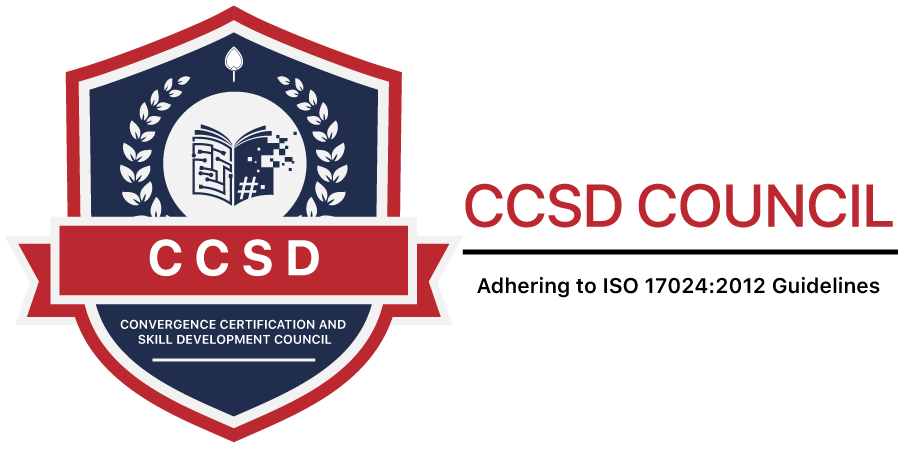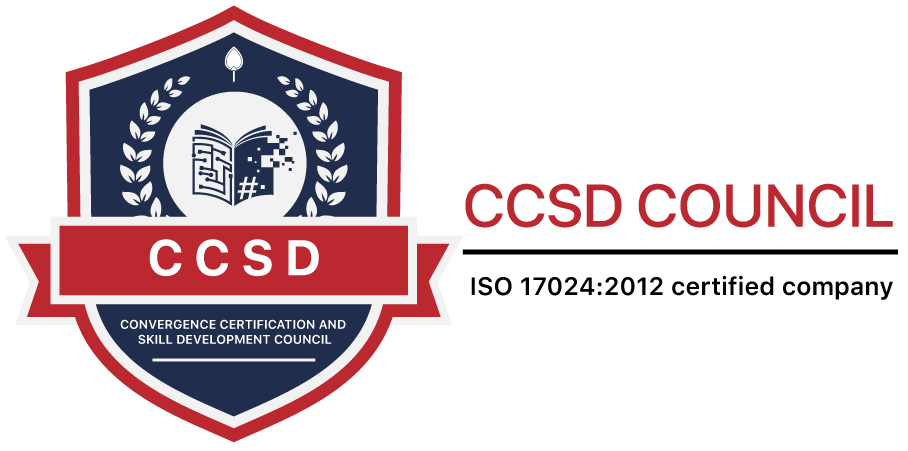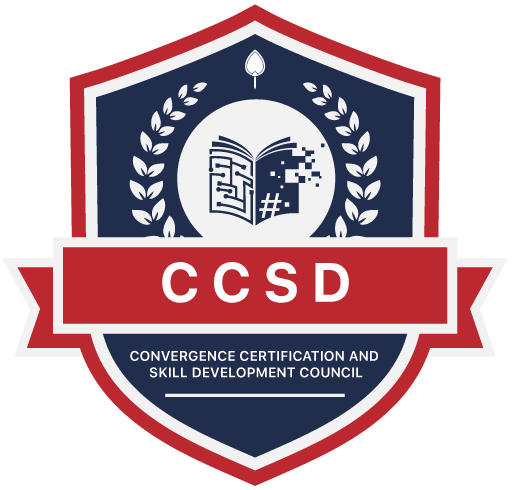Participants will be evaluated based on certification exam.
All participants will be provided with the relevant course materials, tools, activity hand-outs and a certificate of participation. The course modules may also be tweaked if necessary, so as to address relevant gaps and areas of improvement or to suit your business objectives.
Changing social norms and daily behaviour involves shifting the tone of the workplace from reactive firefighting (a deeply ingrained reflex often based on emotion) to proactive problem solving (methodical rational behaviour).
Humility is a very effective catalyst for a culture of continuous improvement, embodied in the Japanese term ‘hansei’, meaning mindfulness and self-reflection. Everyone in the organisation must feel safe about sharing ideas and taking experimental risks, confident of not being ridiculed.
Mahatma Gandhi said it best: “Be the change you wish to see.”






